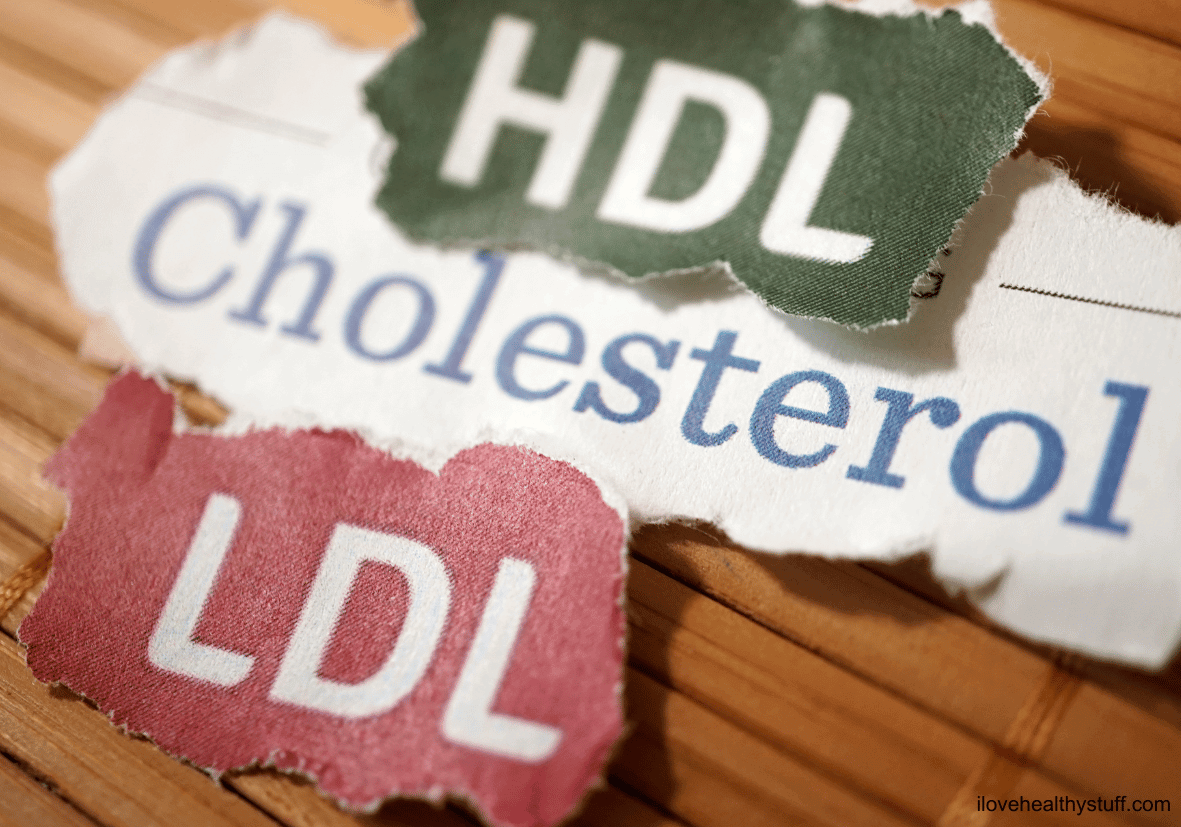High levels of cholesterol have been associated with a higher chance of developing heart disease and various health problems. Fortunately, there are effective non-pharmacological approaches to decrease cholesterol levels. Lowering cholesterol without medication is a significant and attainable objective. Individuals may potentially reduce their cholesterol naturally by incorporating herbal supplements and making slight changes to their diet. Let’s explore an in-depth manual that not only explains the reasons and methods behind this but also offers actionable steps for managing cholesterol naturally without the use of drugs.
What is Cholesterol?
Cholesterol is a waxy, fat-like substance found in every cell of the body. It serves essential functions, including cell membrane structure and hormone production. While the body produces cholesterol naturally, it is also influenced by dietary choices. Cholesterol is transported in the bloodstream by lipoproteins, categorized into two main types:

1. Low-Density Lipoprotein (LDL):
- Often referred to as “bad” cholesterol.
- High levels can lead to plaque buildup in arteries, increasing the risk of cardiovascular diseases.
2. High-Density Lipoprotein (HDL):
- Dubbed the “good” cholesterol.
- Helps remove LDL cholesterol from the bloodstream, reducing the risk of heart diseases.
Understanding Cholesterol Numbers:
- Total Cholesterol: Represents the overall cholesterol level in the blood. Optimal total cholesterol levels are generally below 200 mg/dL.
- LDL Cholesterol: Ideally, LDL levels should be below 100 mg/dL. Elevated LDL levels may require lifestyle modifications or medication.
- HDL Cholesterol: Higher HDL levels are associated with lower heart disease risk. Aim for HDL levels above 40 mg/dL.
Cholesterol levels are influenced by diet, physical activity, and genetics. Diet high in saturated fats raises LDL. Regular exercise boosts HDL. Genetics might be an important factor in cholesterol levels, requiring regular monitoring and early intervention for those at risk.
Cholesterol Testing: The Blood lipid panel test measures total cholesterol, LDL, HDL, and triglyceride levels. Usually fasting for 9-12 hours is required before the test. Regular testing is advised for at-risk individuals.
How to Control Cholesterol Naturally:
DO MORE…
Eat more fruits and vegetables:
Fruits and vegetables are rich in fiber, antioxidants, and essential nutrients that support heart health. Aim to include a variety of colorful produce in your daily meals.
Eat more whole grains:
Whole grains, such as oats, quinoa, and brown rice, contain soluble fiber that helps lower LDL (low-density lipoprotein) cholesterol. Swap refined grains for their whole counterparts to boost heart benefits.
Eat more sterols and stanols:
Sterols and stanols, found in plant-based oils, nuts, and seeds, have been shown to lower LDL cholesterol. Consider incorporating these into your diet to support heart health. Having Sterols Pills is a good and easy way to consume it.
Eat more Monounsaturated Fats:
Monounsaturated fats, celebrated for their heart-boosting properties, are a crucial component of a well-balanced and nutritious diet. Key sources of Sources of Monounsaturated Fats are Extra Virgin Olive Oil, Avocados, Canola Oil and Almonds.
Drink more water:
Adequate hydration supports overall health, including heart health. Replace sugary beverages with water to stay properly hydrated.
DO LESS..
Eat less saturated fat:
Reducing saturated fat intake helps lower LDL cholesterol levels. Opt for lean protein sources, such as poultry and fish, and replace saturated fats with healthier options like olive oil and avocado.
Eat less processed food:
Highly processed foods often contain trans fats and added sugars, contributing to elevated cholesterol levels. Opt for whole, unprocessed foods to promote heart health.
Avoid smoking:
Smoking not only damages blood vessels but also lowers HDL cholesterol. Quitting smoking is a crucial step in improving overall heart health.
Limit Alcohol Intake:
While moderate alcohol consumption may have heart benefits, excessive drinking can lead to high cholesterol levels. Limit alcohol intake and be mindful of your overall consumption.
Also, switch to Red Wine! Moderate consumption of Red Wine might not be a help to lower cholesterol, but it’s definitely better then any other alcohol.
START NOW..
Consume Garlic:
Garlic’s potential to positively impact cholesterol levels adds yet another layer to its culinary allure. Whether you savor it raw, cooked, or as a supplement, incorporating garlic into your heart-healthy diet is a flavorful and evidence-backed step towards supporting cardiovascular well-being.
Slow Down and Enjoy Your Meals:
Mindful eating promotes healthier food choices and can prevent overeating. Take your time during meals, savor each bite, and pay attention to hunger and fullness cues.
Exercise Regularly:
Physical activity boosts HDL (high-density lipoprotein) cholesterol, the “good” cholesterol. Aim for at least 150 minutes of moderate-intensity exercise per week to improve overall cardiovascular health.
Lowering cholesterol naturally involves a holistic approach encompassing dietary choices, physical activity, and lifestyle habits. By incorporating these evidence-based tactics into your daily routine, you empower yourself to take charge of your heart health. Remember, small changes can yield significant results over time. Prioritize your well-being, and let each choice you make be a step toward a healthier heart and a happier life.
